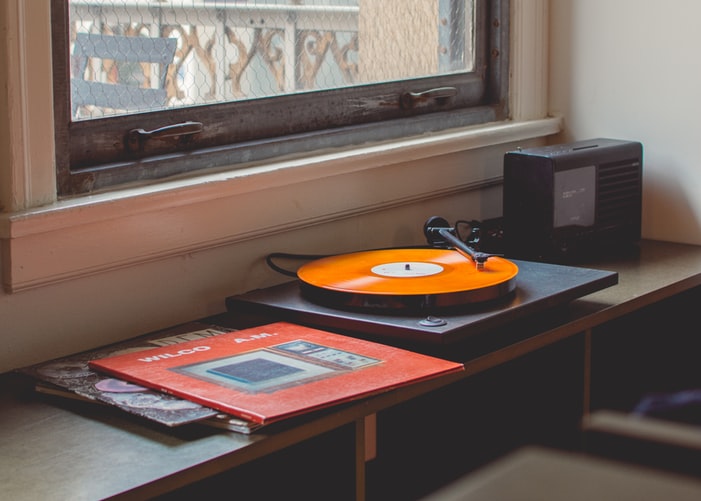This post was originally published on this site
Listening to music at home can considerably ease the severity of symptoms related to breast cancer and its treatments, helping reduce the pain and fatigue patients experience, a trial reports.
It found that setting time aside nearly every day for music significantly lessened patients’ intensity of pain and overall fatigue for up to 24 weeks, the trial’s length. Significant improvements in mental and physical fatigue were also evident initially, after six or 12 weeks of this therapy, but did not last.
Its researchers recommend that people with breast cancer take time to listen to music they enjoy each day, as it can “distract” them from pain and encourage positive thinking.
“Music facilitates the production of endorphins, dopamine and serotonin in the brain,” the researchers wrote, and “these chemicals arouse joy and positive emotions to reduce negative thoughts associated with cancer.”
Their study, “Effect of home‐based music intervention versus ambient music on breast cancer survivors in the community: A feasibility study in Taiwan,” was published in the European Journal of Cancer Care.
Prior studies suggested that music therapy alleviates some of fatigue and pain associated with cancer, so researchers in Taiwan evaluated if such therapy taken at the home could help people with breast cancer, “the second highest cause of women mortality worldwide.”
They conducted a randomized and controlled study, with 60 patients randomly assigned to listen to music at home for 30 minutes five days a week, or to ambient music — in this case, “environment-based sounds” — for 24 weeks. All were stable in their disease after surgery and chemotherapy, and all had similar pain and fatigue scores.
The music playlist included 50 pieces of classical, parlor, popular, Taiwanese or religious music, and participants selected those they preferred. The ambient music listeners, who served as controls, also chose among various environmental sounds.
After six, 12, and 24 weeks, the 30 people in the music group reported significant easing of symptom severity, pain intensity, overall general and emotional fatigue, and a greater sense of vigor compared to the ambient music group.
These patients also felt significantly less tired physically and mentally after six weeks. They maintained that sense of lesser physical fatigue at week 12, but no significant differences were evident between the two groups at 24 weeks.
“HBMI [home-based music intervention] might not relieve long‐term physical and mental fatigue,” the study noted.
Still, “music can support patients’ physical and psychological well-being,” Kuei-Ru Chou, PhD, RN, of Taipei Medical University and the study’s senior author, said in a press release.
Researchers believe that music therapies like this one eases symptom severity because listening to music promotes the release of endorphins, dopamine and serotonin in the brain — natural chemical messengers produced by the body that act as pain relievers, and are able to arouse joy and positive emotions.
Together, they work to relieve tension, block the transmission of pain signals to the brain, and increase alpha waves — a specific range of brainwave oscillations associated with wakeful relaxation and calmness.
“Regarding physical effects, music intervention can lower muscle tension, increase alpha waves in the brain and facilitate sleep,” the study concluded. “Regarding mental effects, such an intervention can help a patient to adjust psychologically to his or her disease, alleviate nervousness and impulsiveness, and enable patients to experience mental harmony and relaxation.”
Further studies in larger groups that explore music’s impact on various types of fatigue are recommended.
The post Music Helps Ease Pain and Fatigue of Breast Cancer, Study Shows appeared first on Breast Cancer News.
The post Music Helps Ease Pain and Fatigue of Breast Cancer, Study Shows appeared first on BioNewsFeeds.


